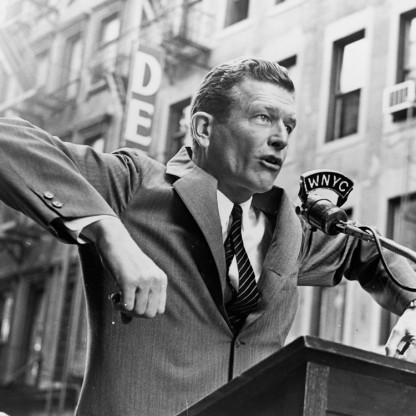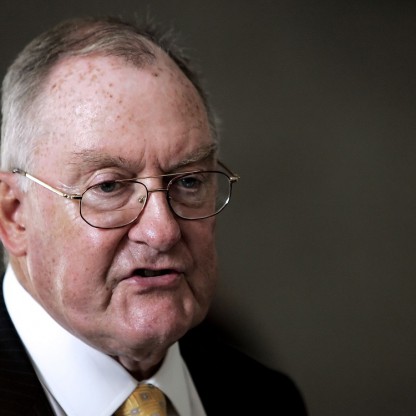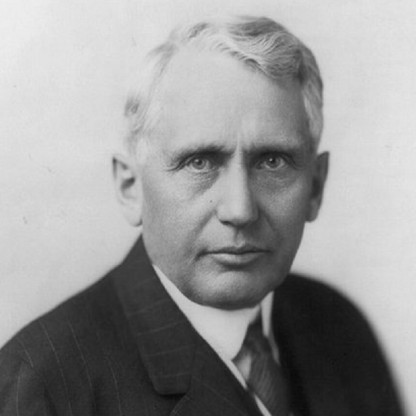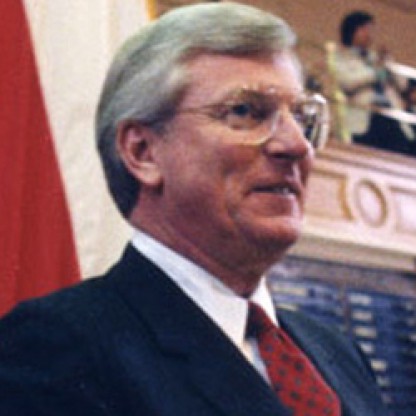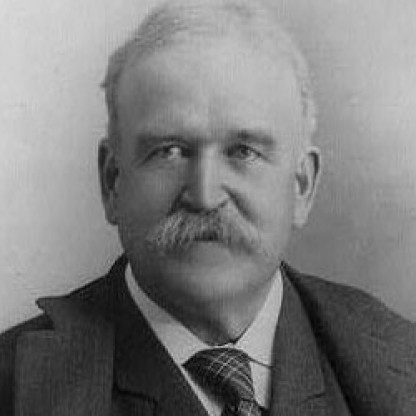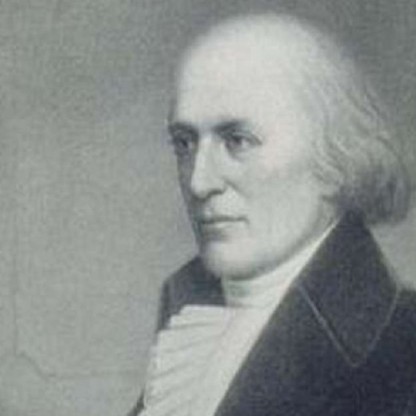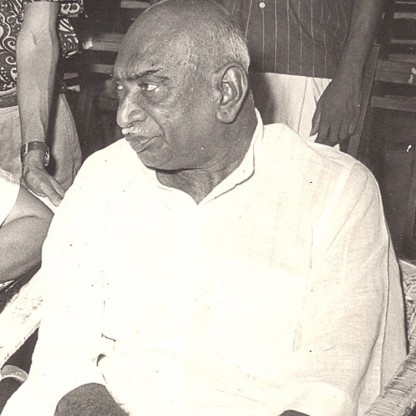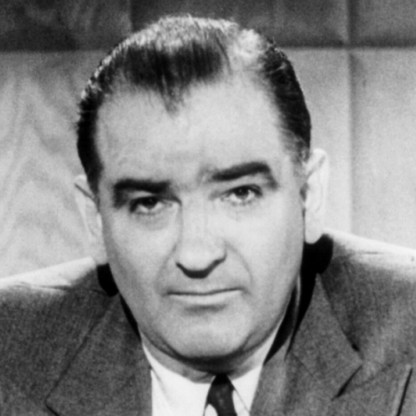Despite his earlier statements to the contrary, observers of Barry's council victory expressed beliefs that he was laying ground for a mayoral run in 1994. Indeed, Barry fulfilled expectations when he formally announced his candidacy for mayor on May 21, 1994, and was immediately regarded as a serious challenge to the unpopular incumbent mayor, Sharon Pratt Kelly. Despite much opposition, including an abortive effort to recall his 1992 council election, Barry won a three-way Democratic primary contest for mayor with 48% of the vote on September 13, pushing Kelly into last place. The victory, coming after Barry's videotaped crack use and conviction, shocked the nation, carrying front-page headlines in newspapers such as the Los Angeles Times and Boston Globe.
